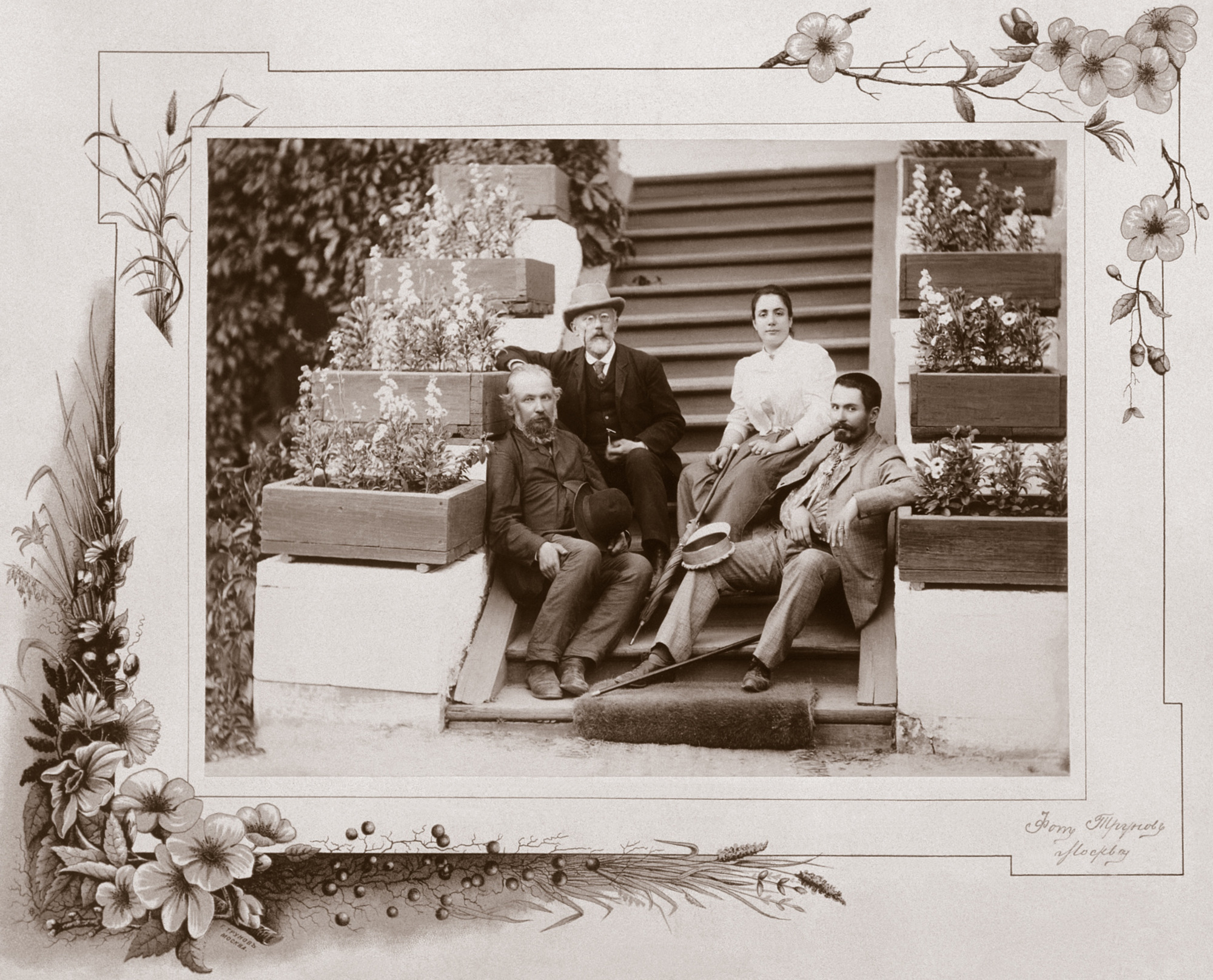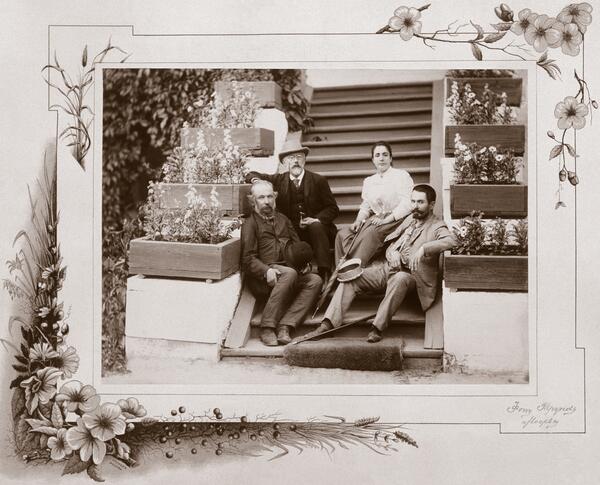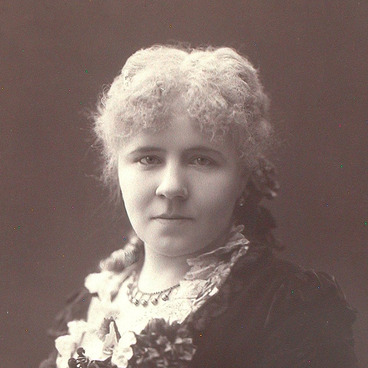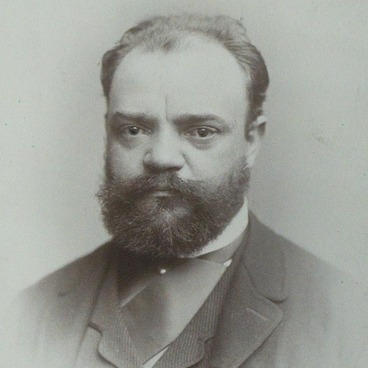In the summer of 1890, Pyotr Tchaikovsky was completing his work on The Queen of Spades. The main roles in the opera were intended for the Figners. Nikolai Nikolaevich was supposed to play the role of Herman, and Medea Ivanovna — the role of Liza. The composer visited their estate in Lobynskoye, the Tula Governorate, to work on the roles with the couple.
Herman’s part in The Queen of Spades is still considered one of the most difficult parts in the Russian opera. The role is very demanding and requires a performer with a strong voice, capable of conveying every lyrical nuance. The protagonist’s personality, the deep drama, and his emotional struggles also call for an opera singer with a special kind of artistry and thoughtfulness. Tchaikovsky was writing this role for Nikolai FIgner from the very outset: the composer was convinced that the singer would excel at it. And Figner did not disappoint him. After Pyotr Tchaikovsky’s return from the Figner’s, he wrote to his brother Modest that Nikolai was thrilled about his part and even spoke about it with tears in his eyes.
However, after the rehearsals, Tchaikovsky had to adjust certain parts for both singers based on their specific vocal characteristics. He later wrote to conductor Eduard Nápravník: ‘I visited Figner, and he and Medea went through their parts. I have made minor changes for him in certain parts… Sadly, I had to transpose brindisi for Figner in the last scene because he said he most certainly could not sing in the current tone’.
After the premiere, the composer presented Nikolai FIgner with a clavier of The Queen of Spades — an arrangement of the opera’s score for singing. He signed it: “To the reason this opera exists, from the grateful author”.
Medea Figner was Nikolai Figner’s second wife; they met in Italy where he was studying the art of singing. The couple had four children. The Figners' estate was visited by famous performers Leonid Sobinov and Anastasia Vyaltseva, composers Giacomo Puccini and Giuseppe Verdi. Apart from The Queen of Spades, the Figners also performed in Pyotr Tchaikovsky’s Iolanta.
Herman’s part in The Queen of Spades is still considered one of the most difficult parts in the Russian opera. The role is very demanding and requires a performer with a strong voice, capable of conveying every lyrical nuance. The protagonist’s personality, the deep drama, and his emotional struggles also call for an opera singer with a special kind of artistry and thoughtfulness. Tchaikovsky was writing this role for Nikolai FIgner from the very outset: the composer was convinced that the singer would excel at it. And Figner did not disappoint him. After Pyotr Tchaikovsky’s return from the Figner’s, he wrote to his brother Modest that Nikolai was thrilled about his part and even spoke about it with tears in his eyes.
However, after the rehearsals, Tchaikovsky had to adjust certain parts for both singers based on their specific vocal characteristics. He later wrote to conductor Eduard Nápravník: ‘I visited Figner, and he and Medea went through their parts. I have made minor changes for him in certain parts… Sadly, I had to transpose brindisi for Figner in the last scene because he said he most certainly could not sing in the current tone’.
After the premiere, the composer presented Nikolai FIgner with a clavier of The Queen of Spades — an arrangement of the opera’s score for singing. He signed it: “To the reason this opera exists, from the grateful author”.
Medea Figner was Nikolai Figner’s second wife; they met in Italy where he was studying the art of singing. The couple had four children. The Figners' estate was visited by famous performers Leonid Sobinov and Anastasia Vyaltseva, composers Giacomo Puccini and Giuseppe Verdi. Apart from The Queen of Spades, the Figners also performed in Pyotr Tchaikovsky’s Iolanta.



